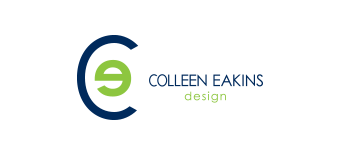Beyoncé:: No Promotion was Marketing
Friday I woke up to a stream of Beyoncé photos and screenshots of her new album in my Instagram feed. In case you had not heard or are not a fan of Beyoncé, she released a new album on Friday, December the 13th. This came as a shock and a surprise to most people because up until it’s release, there had been absolutely no promotion. I found myself answering some of the teasing questions that accompanied the photo’s. “What, ya’ll didn’t know Bey dropped a new album?” Why, no, I did not.
While I think that Beyoncé has a great voice, I would not necessarily consider myself to be a huge fan. I like her, but more so because she is from Houston, TX, which is where I am from and Destiny’s Child came out while I still lived there. My Texas pride causes me to support artists (no matter what genre) that hail from Texas. For that reason, I have been a supporter. However, I haven’t bought a Beyoncé album in many, many years. I bought this one. Why? Because of the pure genius of it’s release and because I had enough iTunes gift credits to cover the purchase.
I predict that this will be one of her highest grossing albums. I am going to assume that the production costs for this, a visual album, were much higher than her previous albums and one way to cover that cost was a slimmed down marketing budget. The genius of her releasing this album is this:
- The shock value is a form of marketing. It also appeals to people’s “I need it now, and I want to be current, on trend, and in the know.” No one wants to be left out and everyone wants to get in and be a part of something that they see as an “epic move.” They will do this by buying the album.
- The bold move makes people curious. People like me buy it for that reason alone.
- It is exclusive to buy the full album now, because individual songs will not be available for purchase for 7 full days after this release.
- It’s the holiday season, perfect timing to capitalize on sales.
- Make the people market for you. My Instagram feed demonstrates this. I did not know about the album, but thanks to social media I do and I was curious.
- Make the media market for you. The news media is all about staying current and on top of trends these days. They use social media to find out what people are talking about and build news stories around them.
By not promoting this album beforehand, she has probably gotten the biggest marketing value for her money than she ever has in the past.
Colleen Eakins is a dynamic and creative individual that possess a knack for great design. With over 15 years of experience in the field of graphic design, Colleen is able to effectively brand her clients with great design pieces. Her motto is: “Anyone can make a pretty picture, but is it effective? Will it make your customer buy your product or use your services? My design tries to answer with a YES!”







